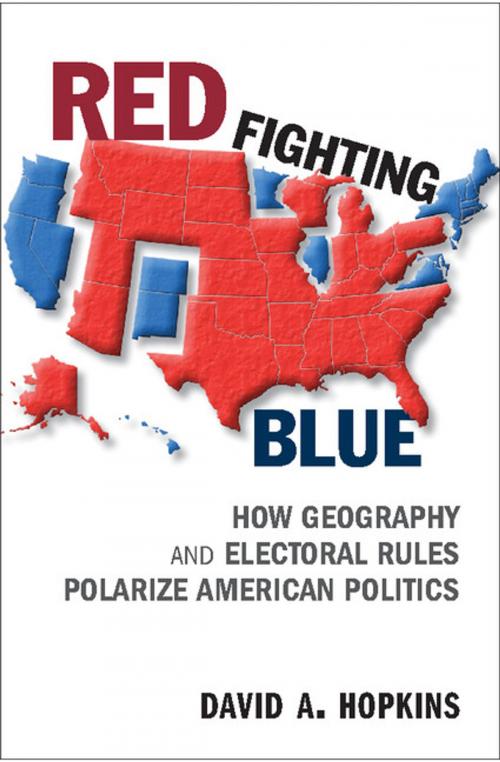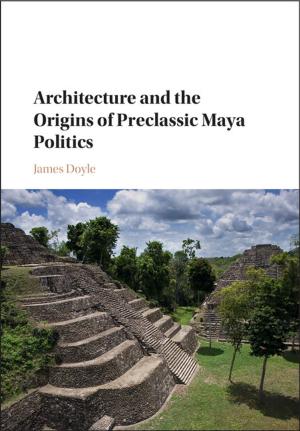Red Fighting Blue
How Geography and Electoral Rules Polarize American Politics
Nonfiction, Social & Cultural Studies, Political Science, Government, Political Parties| Author: | David A. Hopkins | ISBN: | 9781108126304 |
| Publisher: | Cambridge University Press | Publication: | September 25, 2017 |
| Imprint: | Cambridge University Press | Language: | English |
| Author: | David A. Hopkins |
| ISBN: | 9781108126304 |
| Publisher: | Cambridge University Press |
| Publication: | September 25, 2017 |
| Imprint: | Cambridge University Press |
| Language: | English |
The national electoral map has split into warring regional bastions of Republican red and Democratic blue, producing a deep and enduring partisan divide in American politics. In Red Fighting Blue, David A. Hopkins places the current partisan and electoral era in historical context, explains how the increased salience of social issues since the 1980s has redefined the parties' geographic bases of support, and reveals the critical role that American political institutions play in intermediating between the behavior of citizens and the outcome of public policy-making. The widening geographic gap in voters' partisan preferences, as magnified further by winner-take-all electoral rules, has rendered most of the nation safe territory for either Democratic or Republican candidates in both presidential and congressional elections - with significant consequences for party competition, candidate strategy, and the operation of government.
The national electoral map has split into warring regional bastions of Republican red and Democratic blue, producing a deep and enduring partisan divide in American politics. In Red Fighting Blue, David A. Hopkins places the current partisan and electoral era in historical context, explains how the increased salience of social issues since the 1980s has redefined the parties' geographic bases of support, and reveals the critical role that American political institutions play in intermediating between the behavior of citizens and the outcome of public policy-making. The widening geographic gap in voters' partisan preferences, as magnified further by winner-take-all electoral rules, has rendered most of the nation safe territory for either Democratic or Republican candidates in both presidential and congressional elections - with significant consequences for party competition, candidate strategy, and the operation of government.















